John Donne’s “Batter My Heart, Three-Person’d God” is one of the most intense and powerful poems of his Holy Sonnets. Written in the Petrarchan sonnet form, it reflects Donne’s deep spiritual struggle and his urgent cry for God’s intervention. Unlike his secular poems, where love and passion dominate, this sonnet is fully devoted to the theme of faith, sin, and salvation.
The speaker does not ask for gentle mercy but begs the Holy Trinity to act with force, to break, burn, and remake him into a purer being. Rich in metaphysical conceits, paradoxes, and passionate imagery, the poem captures Donne’s unique way of blending the language of love with the language of religion. It is both a prayer and a confession, showing man’s helplessness before sin and his desperate need for divine grace.
About the Poet John Donne
John Donne (1572–1631) is one of the greatest figures of Metaphysical Poetry in English literature. He combined intellect, wit, and deep emotion in his works, often using striking conceits and paradoxes. His poetry shows two phases of his life: the early poems deal with love and human desires, while the later poems reflect his spiritual concerns after he entered the Church of England and became the Dean of St. Paul’s Cathedral.
As a religious poet, Donne’s Holy Sonnets express his personal struggle between sin and salvation. Among them, “Batter My Heart, Three-Person’d God” is one of the most powerful. In this sonnet, Donne reveals his intense spiritual conflict. He does not pray for gentle mercy, but asks God to act with force—to batter, break, and remake him. His heart is compared to a city overpowered by sin, which only God can liberate. Through paradoxical expressions like wanting to be imprisoned in order to be free and ravished in order to be pure, Donne highlights the depth of his inner turmoil.
This sonnet shows Donne’s bold originality as a poet. His religious verse does not simply preach; it dramatizes the human soul’s desperate cry for divine grace. By using violent imagery and metaphysical conceits, Donne presents the spiritual experience with unmatched passion. Thus, through “Batter My Heart”, we see John Donne as a poet who transformed personal faith into powerful poetry, making him a central voice in English devotional literature.
About the Poem Batter My Heart, Three-Person’d God
John Donne (1572–1631), the chief representative of Metaphysical Poetry, wrote a remarkable series of religious poems known as the Holy Sonnets, where he poured out his spiritual anxieties and intense longing for divine grace. “Batter My Heart, Three-Person’d God” is one of the most powerful of these sonnets and presents Donne at the height of his devotional and metaphysical style.
In this poem, Donne directly addresses the Christian Trinity (Father, Son, and Holy Spirit). Unlike traditional devotional poetry, which seeks gentle mercy, Donne prays for violent, transformative action. He compares his soul to a besieged city captured by sin, where reason—the “viceroy” of God—has been taken prisoner. Through paradoxical pleas, he asks God to overthrow, imprison, and even ravish him so that he may achieve freedom from sin and spiritual purity.
- It belongs to the Holy Sonnets, written in 1609, published posthumously in 1633.
- It reflects Donne’s personal struggle with sin and salvation.
- It is rich in metaphysical conceits (soul as a town, reason as a viceroy).
- It uses violent and paradoxical imagery to dramatize spiritual renewal.
- It follows the Petrarchan sonnet form but with Donne’s dramatic intensity.
This sonnet stands out in English devotional poetry for its bold honesty and emotional urgency, revealing Donne’s unique ability to unite intellectual reasoning with passionate faith—a hallmark of metaphysical verse.
Text of Batter My Heart, Three-Person’d God
Batter my heart, three-person’d God, for you
As yet but knock, breathe, shine, and seek to mend;
That I may rise and stand, o’erthrow me, and bend
Your force to break, blow, burn, and make me new.
I, like an usurp’d town to another due,
Labor to admit you, but oh, to no end;
Reason, your viceroy in me, me should defend,
But is captiv’d, and proves weak or untrue.
Yet dearly I love you, and would be lov’d fain,
But am betroth’d unto your enemy;
Divorce me, untie or break that knot again,
Take me to you, imprison me, for I,
Except you enthrall me, never shall be free,
Nor ever chaste, except you ravish me.
Form, Meter and Rhyme Scheme of Batter My Heart, Three-Person’d God
“Batter my Heart” is Holy Sonnet 14 by John Donne — a tightly woven devotional sonnet where form and sound strongly mirror the poem’s violent plea for spiritual renewal.
Form of Batter My Heart, Three-Person’d God
Sonnet type: The poem is written as a Petrarchan (Italian) sonnet in its basic division — an octave (first 8 lines) followed by a sestet (final 6 lines). The octave states the problem (the speaker’s spiritual weakness), while the sestet moves toward the speaker’s plea and resolution.
Donne’s adaptation: Though it is Petrarchan in division, Donne adapts the form dramatically — his rhetorical volta (turn) is urgent and emotionally violent rather than the calm intellectual turn often found in Petrarchan poems. This makes the sonnet feel both intimate and argumentative.
Meter of Batter My Heart, Three-Person’d God
Basic meter: The sonnet is composed in iambic pentameter—that is, roughly five metrical feet per line, each foot commonly an unstressed syllable followed by a stressed one (da-DUM ×5). Many standard editions and critics identify the poem as metrically iambic pentameter.
Meter and variation: Donne frequently varies strict iambic rhythm for emphasis. For example, the opening word “Batter” can be read as a trochaic stress (BAT-ter), which gives an immediate forceful beat and matches the violent imperative of the line. Such substitutions (initial trochee, feminine endings, or elisions) appear at emotionally charged moments to heighten intensity.
Pronunciation and Elizabethan practice: Donne’s lines sometimes require Elizabethan pronunciations or marked syllable treatments (e.g., lov’d read as two syllables in some editions) to fit metrical count—editors often mark these with accents when scanning the poem.
Rhyme Scheme of Batter My Heart, Three-Person’d God
Octave: The octave follows the ABBA ABBA pattern typical of the Petrarchan sonnet form (lines 1–8). This tight interlocking rhyme helps build the problem’s pressure.
Sestet: The sestet’s rhyme in many editorial readings runs roughly CDCDEE (variants occur in different editions). Critics note that Donne’s consonant rhymes and close rhymes create sonic continuity while also allowing rhetorical shifts. Different editors present small variations in the sestet-scheme transcription, but all agree the sestet departs from the octave’s pattern to mark the turn.
How form, meter and rhyme support meaning
- Octave–sestet division = problem and plea: The octave frames the speaker’s captivity and failure of human reason; the sestet intensifies the demand for divine force. The Petrarchan division thus suits Donne’s structure of confession → plea.
- Meter variations mirror emotion: The occasional trochee and irregular stresses (especially in the opening lines) produce a sense of urgency and violence — the poem sounds its demand to be battered, broken and remade.
- Rhyme tightness adds pressure: The abba abba octave with interlocked rhymes compresses the complaint; the altered sestet rhyme signals a rhetorical shift (volta) and release into the speaker’s paradoxical requests (imprisonment = freedom, ravishment = chastity).
Important points for exam
- Sonnet type: Holy Sonnet 14 — Petrarchan division (octave + sestet).
- Metre: Primarily iambic pentameter with deliberate variations (trochaic substitutions, elisions).
- Rhyme: Octave: ABBAABBA; sestet: variable (commonly CDCDEE variants in editions).
- Volta: occurs at line 9 leading to a shift from complaint to intensified plea.
Summary of John Donne’s Batter My Heart, Three-Person’d God
John Donne’s Holy Sonnets reflect his intense spiritual struggle between sin, divine grace, and salvation. “Batter My Heart” (also called Holy Sonnet XIV) is one of his most powerful religious poems, written in the Petrarchan sonnet form. In this poem, Donne presents God not as gentle or merciful, but as a force that must act violently to save the sinner’s soul. The sonnet blends personal confession, paradox, and dramatic imagery, showing Donne’s characteristic style of “metaphysical poetry.”
The Octave (Lines 1–8)
The speaker directly addresses the “three-person’d God” (the Trinity: Father, Son, and Holy Spirit). Instead of soft, tender action, he asks God to “batter,” “break,” “blow,” and “burn” him into renewal.
- He compares himself to a captured town (“usurp’d town”) that struggles to admit God but remains under the Devil’s control.
- Though God has given him reason as a viceroy or governor to defend his soul, that reason is weak, captive, and unable to fight against sin.
This section reflects the Calvinist idea of man’s fallen nature—that human effort and reason are powerless to achieve salvation without divine intervention.
The Sestet (Lines 9–14)
The volta (turn) comes with “Yet,” shifting from description of helplessness to a passionate plea.
- The speaker declares that he loves God deeply but feels “betroth’d unto [His] enemy.” This metaphor of marriage suggests a binding contract with sin or Satan.
- He begs God to act as a divine liberator by granting a “divorce,” breaking the false bond, and taking him fully into His possession.
The final lines push the imagery to its most intense level:
- The speaker asks God to “imprison” him so that he may be free, and to “ravish” him so that he may be chaste.
- This paradox of violent captivity leading to freedom reflects Donne’s belief that true spiritual freedom comes only when the soul is completely surrendered to God’s overwhelming power.
Theological and Literary Significance of Batter My Heart, Three-Person’d God
Theological Depth:
- Donne presents sin as a kind of forced marriage with Satan, from which only God’s intervention can rescue the soul.
- Salvation, in this view, is not gentle persuasion but a radical transformation requiring God’s absolute dominance.
Metaphysical Conceits:
- The town besieged by an enemy, the legal image of divorce, and the erotic metaphor of ravishment—all are Donne’s conceits combining physical experience with spiritual truth.
Paradox and Contradiction:
- Freedom through imprisonment, chastity through ravishment—Donne deliberately uses paradox to capture the mystery of divine grace.
Tone:
- The tone is urgent, passionate, and desperate. The speaker sees salvation as a matter of life and death, leaving no space for mildness.
John Donne’s “Batter My Heart” is not just a prayer but a dramatic cry of the soul. It reflects the poet’s personal struggle with faith, sin, and divine grace. By using violent imagery and paradoxical language, Donne presents the idea that only God’s overpowering force can break the bonds of sin and restore purity. This sonnet is a fine example of metaphysical poetry, where intellectual reasoning, theological concerns, and emotional intensity meet in a compact poetic form.
Analysis of Batter My Heart, Three-Person’d God
John Donne wrote a number of Petrarchan sonnets on religious themes in his Holy Sonnets. These poems show his personal way of mixing erotic images with spiritual feelings. In most of these sonnets, the speaker struggles between the desires of the body and the fear of eternal damnation. Still, Donne’s speakers never lose faith in God’s mercy and forgiveness.
Compared to Donne’s songs and elegies, which often celebrate worldly love and passion, the Holy Sonnets are focused on the divine. Sonnet XIV, “Batter My Heart, Three-Personed God,” is about the conflict of a man who realizes his sinful nature and fears that God may not forgive him. The whole sonnet reads like a fervent prayer in which the speaker begs God to seize his soul, repair it, and make it pure again.
The speaker compares his soul to a town that has been conquered by the Devil, though it truly belongs to God. He pleads with God to free him from the Devil’s control. Donne’s religious poems often show human beings in their weakness and sinfulness, turning to God for salvation. In contrast to his secular poems where Donne presented love as something eternal and stronger than time, here he presents salvation as victory over death through union with God.
In “Batter My Heart,” the speaker describes his own psychological conflict—his tendency towards sin, his guilty conscience, and his desperate desire for God’s renewal. The simile “I, like a usurped town” makes this clear: the Devil, representing temptation and sin, has conquered him, while he feels too weak to resist. God has placed reason within him (“Reason, your viceroy in me”), but this power of reason is not strong enough to fight the Devil’s control.
The sonnet is filled with images of bondage: words like “captive,” “imprison,” and “betrothed” suggest that the speaker is trapped. He feels as if he is unwillingly married to the Devil, so he asks God to grant him a kind of spiritual “divorce.”
Like Donne’s love poems, his religious poetry also makes use of erotic imagery. In the final lines, the speaker asks God to “enthrall” (capture) and “ravish” (overpower) him, so that he may be freed from sin and become pure. These paradoxes—freedom through captivity, chastity through ravishment—show Donne’s unique style of expressing spiritual truth through intense, physical imagery.
Discover more from Gyankundli
Subscribe to get the latest posts sent to your email.
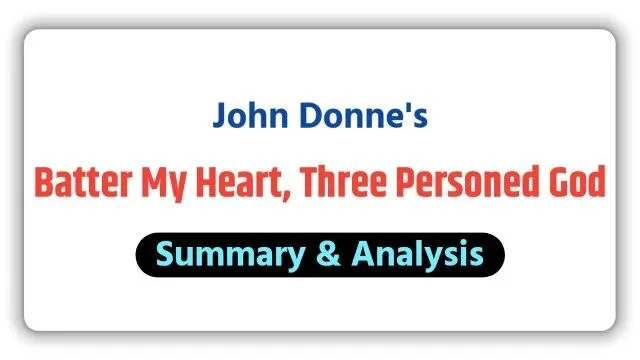
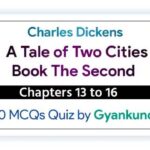
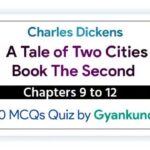



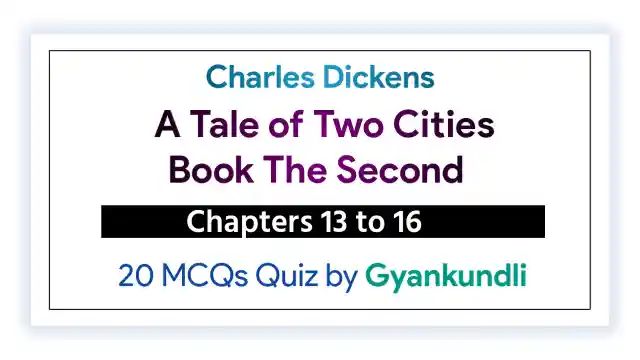
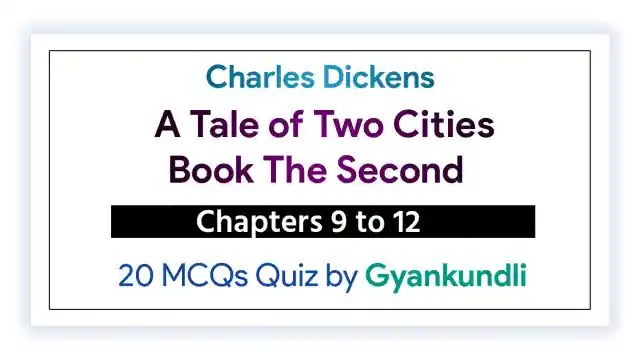
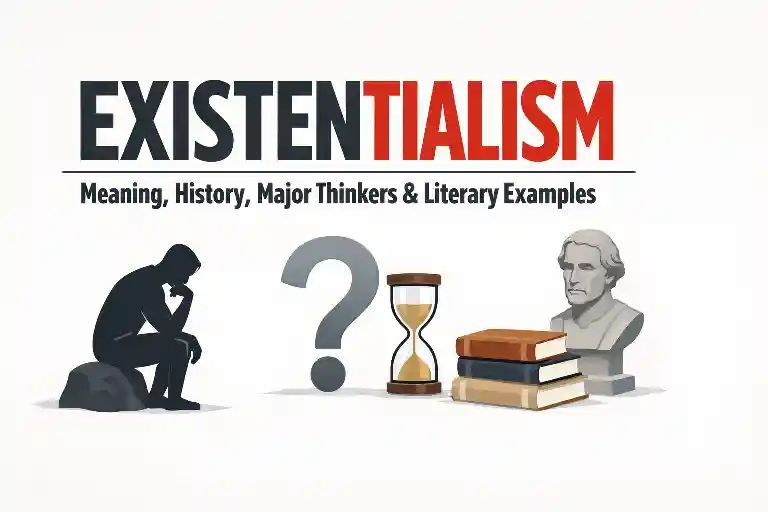
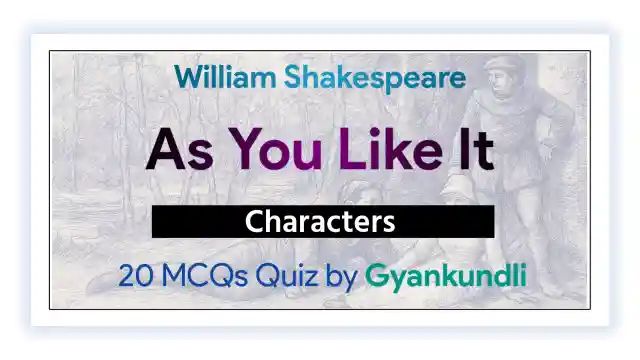
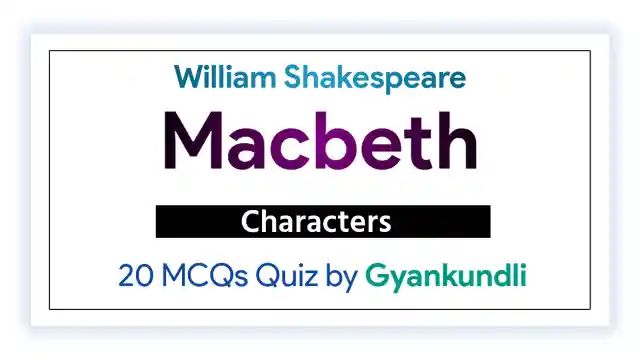
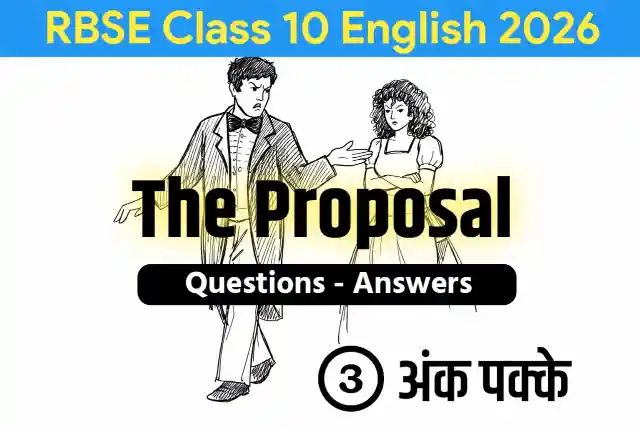
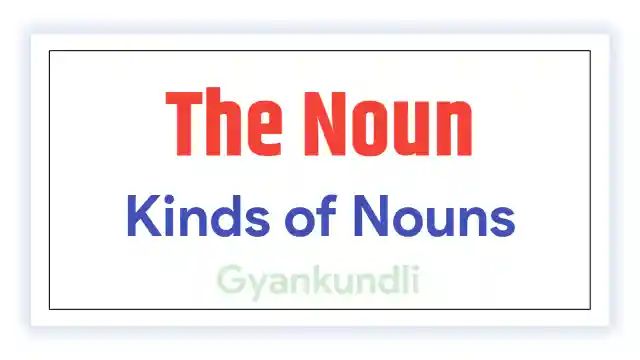

very good
Thank you so much 😊